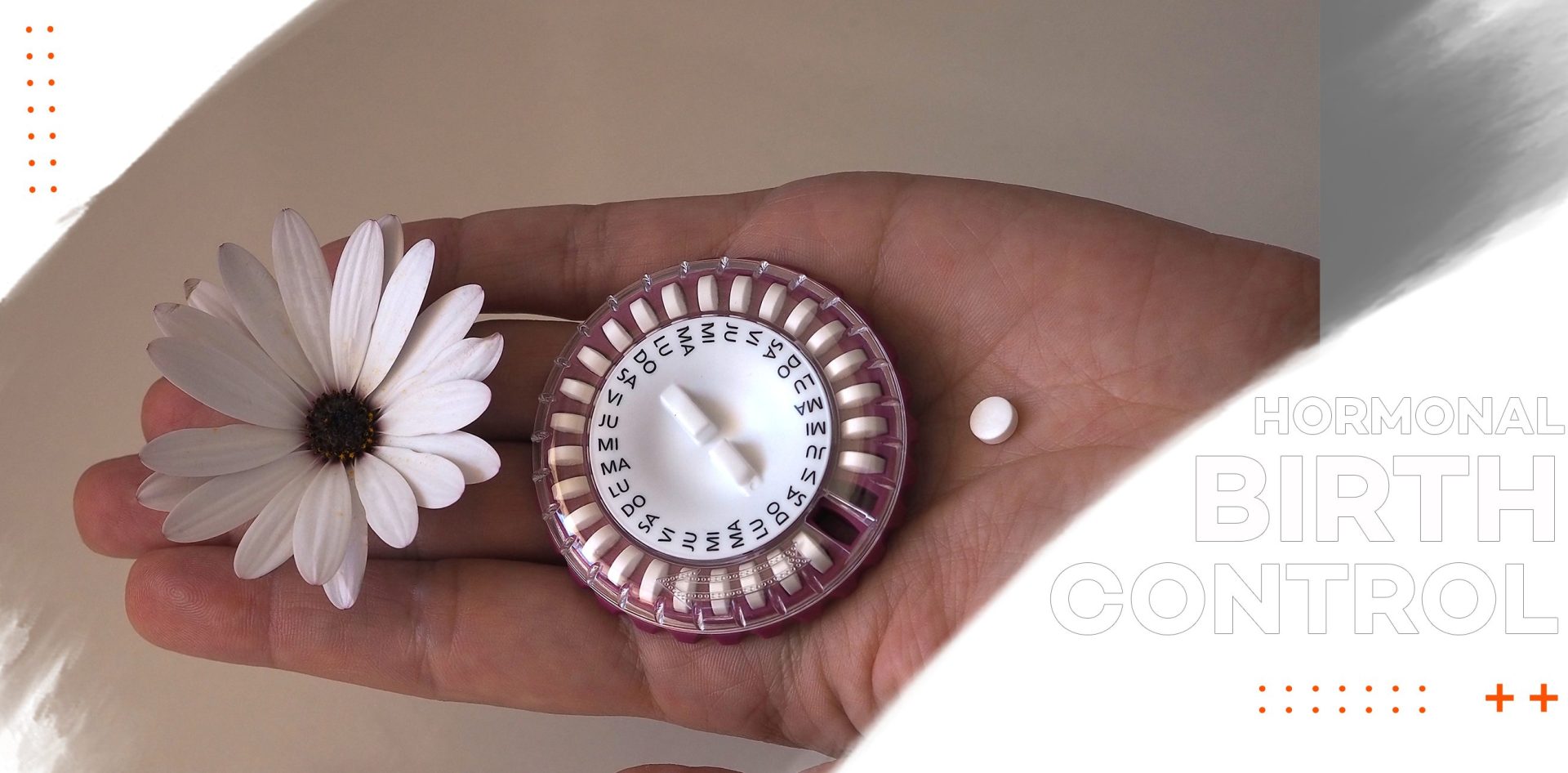HORMONAL BIRTH CONTROL
INTRODUCTION TO HORMONAL BIRTH CONTROL
Navigating the terrain of hormonal birth control, from oral contraceptives to patches and intrauterine devices (IUDs), requires a thorough understanding of their profound effects on women’s health. Whether considering this form of birth control or seeking to comprehend its impact better, this information will provide crucial insights.
UNDERSTANDING HORMONAL BIRTH CONTROL
Hormonal birth control methods utilize synthetic hormones that mirror the natural hormones—estrogen and progesterone— in a woman’s body. Accordingly, their efficacy in preventing pregnancy stems from their ability to avert ovulation, alter cervical mucus to impede sperm mobility and modify the uterine lining to prevent implantation.
THE POSITIVE IMPACTS OF HORMONAL BIRTH CONTROL ON WOMEN’S HEALTH
REGULATING MENSTRUAL CYCLES
One of the beneficial impacts of this type of birth control is the regulation of menstrual cycles. By introducing a steady hormone supply, these contraceptives make menstrual cycles more predictable and manageable, a boon for women grappling with irregular or heavy periods.
REDUCING MENSTRUAL PAIN
Hormonal birth control can alleviate menstrual pain, or dysmenorrhea, by inhibiting the production of prostaglandins—compounds that induce uterine contractions and cramping. This pain relief can drastically improve a woman’s quality of life during menstruation.
MANAGING HORMONAL ACNE
For those suffering from hormonal acne, hormonal contraceptives can offer a solution. Additionally, they can help balance hormone levels and curtail the production of androgens, hormones often implicated in acne outbreaks.
REDUCING THE RISK OF CERTAIN CONDITIONS
Another unique benefit of this hormonal contraception is the reduced risk of specific health conditions. Research shows that these contraceptives can decrease the likelihood of ovarian cysts, endometrial cancer, and ovarian cancer, contributing to long-term women’s health.
THE NEGATIVE IMPACTS OF HORMONAL BIRTH CONTROL ON WOMEN’S HEALTH
SIDE EFFECTS
Despite their benefits, hormonal contraceptives can instigate side effects such as nausea, breast tenderness, headaches, mood swings, and weight gain. However, most of these side effects dissipate after a few months of use.
RISK OF BLOOD CLOTS
Hormonal contraceptives can marginally augment the risk of developing blood clots, especially in women with pre-existing risk factors such as smoking, obesity, or a history of blood clots.
DECREASED LIBIDO
While not a universal experience, some women may encounter a diminished sex drive while using this form of birth control, which could impact their intimate relationships.
NUTRIENT DEFICIENCIES
Extended use of hormonal contraception could lead to deficiencies in essential nutrients, including vitamin B6, vitamin B12, and folic acid. These deficiencies could impact overall health if left unaddressed.
HORMONAL BIRTH CONTROL – THE IMPORTANCE OF PROFESSIONAL HEALTHCARE CONSULTATION
Given the multifaceted impacts of hormonal birth control on women’s health, it is critical to consult a healthcare professional. Their expertise can guide you towards the most appropriate birth control method tailored to your needs and health history. It’s equally vital to promptly communicate any side effects or concerns to your healthcare provider to adjust your birth control method if necessary.
CONCLUSION
Hormonal birth control’s effects on women’s health are diverse and significant, encompassing both beneficial and potentially adverse outcomes. With this knowledge, women can make informed choices about their reproductive health. Remember, health is a priority. Keeping it at the forefront ensures a healthy, fulfilling life.







